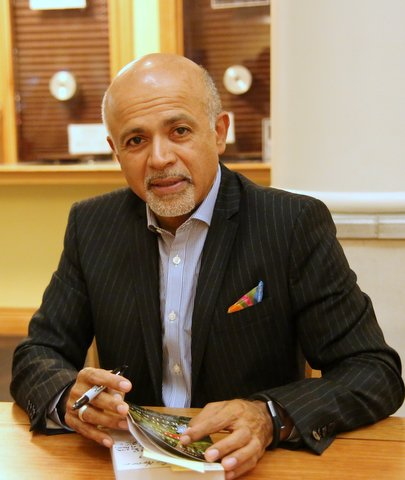When filmmakers Robert Cannan and Ross Adam first came across the kidnapping of director Shin Sang-ok and his two-time wife Choi Eun-hee, the “Brangelina of ‘70s South Korea” who were at the top of their industry when they were kidnapped by North Korea’s Kim Jong-il in 1978 to act as his personal filmmakers, they thought the story was too good to be true.
The deeper they dug, the stranger a story it was – and at the heart of it was Kim Jong-il, the now-deceased dictator and reputed cinephile, and both his ambitions and desires. The resulting documentary, “The Lovers & the Despot,” is now looking toward a Los Angeles and New York premiere on Sept. 23.
“We wanted to get behind the man [Kim],” Adam said. “We didn’t want to just portray a caricature. We wanted to know why and how he became the man he did. That’s all we were doing – pulling back the curtain as much as we could.”
Featuring little-heard, secretly recorded audio of Kim’s voice, as well as interviews with Choi, her two children and those who witnessed the couple’s escape from Kim’s grasp via the United States Embassy in Vienna in 1986, the 98-minute documentary is a trip decades into the past, to a world in which Kim had not yet risen to power.

Choi Eun-hee, Kim Jong-il, and Shin Sang-ok (Courtesy of Magnolia Pictures)
“Choi was very gracious and agreed to let us tell the story the way we wanted with freedom,” Adam said. “She was surprisingly candid. We expected her to be more critical of the dictator, but she wasn’t. I think there were some elements of Stockholm Syndrome, but I also think the way she views her life – the way that she’s managed to compartmentalize these memories – she kinds of sees her life in a melodramatic way, like a film itself. She was so guileless when she spoke to us.”
The story goes like this: Shin, once the owner of the largest movie studio in South Korea, had fallen on hard times by the ‘70s, hurting for financial support, and suffered a divorce stemming from his own infidelity. Not long after that, Choi, on a trip to Hong Kong, was taken against her will to North Korea via boat; Shin, who traveled to the city to find his missing ex-wife, was also taken.
Sparing no expenses, Kim ordered the couple – who remarried during their five years in the North – to create films for him. It was about more than propaganda, too: Kim, a genuine film buff, had a desire to see North Korean cinema rise to the world stage, gain acclaim and compete in festivals.

Filmmaker Shin Sang-ok (Courtesy of Magnolia Pictures)
When Shin and Choi managed to slip out of their hotel room while in Vienna for a film festival, and find refuge with the Americans, speculative South Koreans skeptical of the couples’ allegiance went wild. Years later, it remains among the most bizarre of stories widely shared about the intensely private tyrant.
Cannan and Adam were surprised by how willing her children were to participate in interviews, in part considering some South Koreans’ remaining skepticism of the couple’s true allegiance. Many saw Shin as a traitor and think the director went willingly. “[Their children] knew that Western filmmakers might be different from native filmmakers in regard to impartiality,” Cannan said.
The documentary will be released in South Korea the day before Magnolia Pictures releases it in New York and in Los Angeles next Friday, as well as on Amazon Video and iTunes.
“It is truly a stranger-than-fiction story,” Adam said. “[Audiences] will get an inside look into North Korea. It’s very unusual to get so much intimacy with a dictator.”









